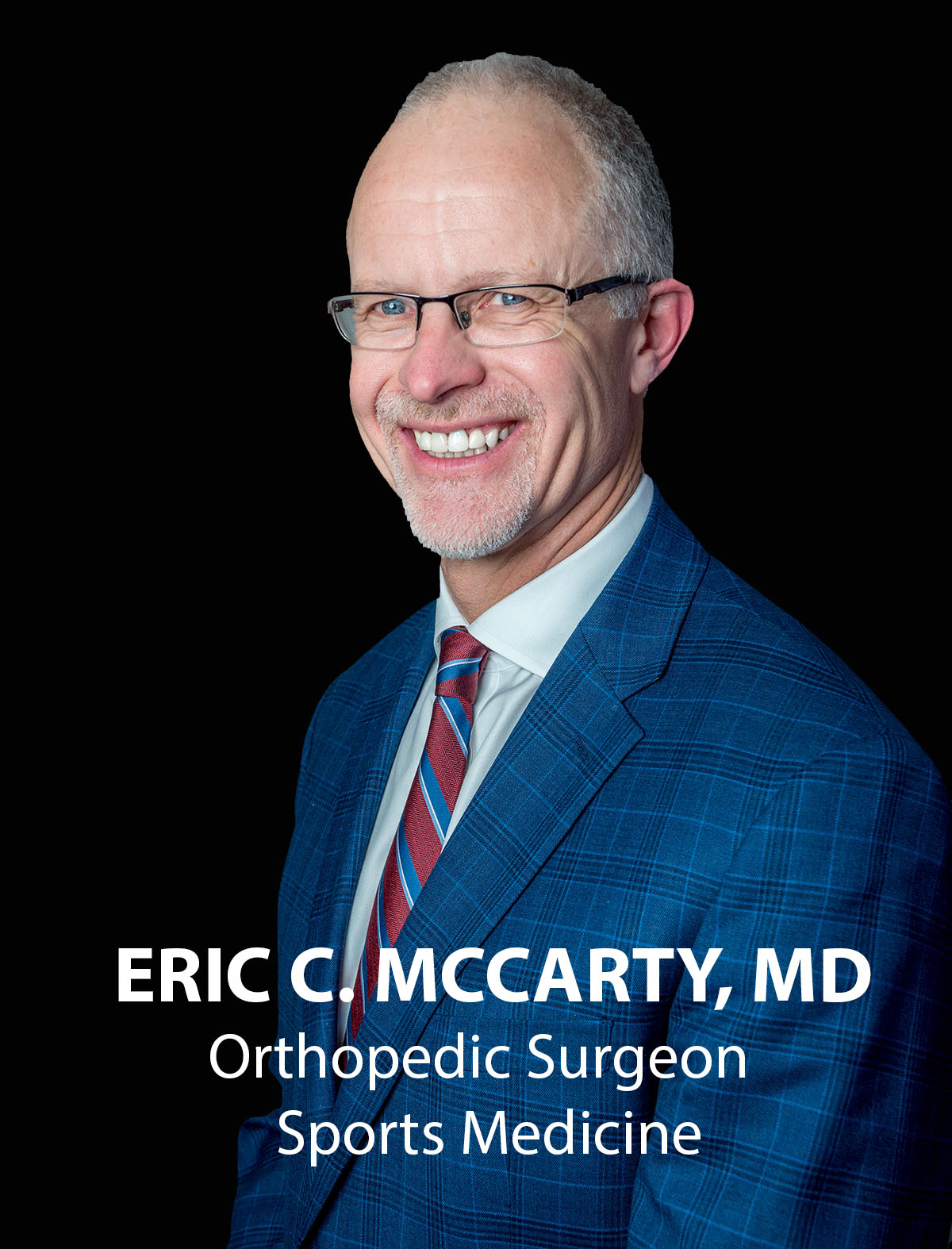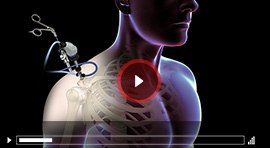Articular Cartilage Injuries
Carticel Procedures
Articular Cartilage is the white tissue lining the ends of bones where they connect to form joints. The cartilage acts as cushioning material and helps enable smooth gliding of the bones during movement. Injury or age-related wear and tear at the joint may damage this cartilage, causing severe pain and inflammation.
Carticel (autologous cultured chondrocytes) is a product derived from the body’s own cartilage cells called chondrocytes, and is used to treat cartilage injuries of the knee.
Carticel treatment, also known as Autologous Chondrocyte Implantation (ACI) is a surgical procedure to stimulate the growth of new cartilage in order to treat the damaged cartilage in the knee.
Signs and Symptoms of Cartilage Damage
Common signs and symptoms of cartilage damage in the knee joint include pain, swelling, stiffness, and limited range of motion. Patients may also complain of a “locking” or “catching” sensation if loose bodies are present in the knee.
Diagnosis of Articular Cartilage Defects
Diagnosis of articular cartilage defects is based on the clinical examination and presentation of chronic knee pain. Your doctor may order the following diagnostic tests:
- Advanced imaging studies such as MRIs
- Arthroscopic examination of the knee joint using a video camera and light source attached to a narrow tube.
Indications and Contraindications
Carticel is indicated for:
- Repair of femoral condyle cartilage lesions in adults caused by acute or chronic injury.
- Poor response to previous cartilage restoration procedures such as certain arthroplasty surgeries and bone graft transplantation.
Carticel is contraindicated for:
- Cartilage damage associated with generalized osteoarthritis
- Patients with meniscal tears, malalignment or joint instability, unless evaluated and surgically treated before or during ACI.
- History of allergy to the antibiotic Gentamycin or sensitivity to other materials of bovine source.
- History of previous cancer in the affected limb
Surgical Procedure for Articular Cartilage
The aim of the surgery is to reduce pain and improve movement and function to the knee joint.
The Carticel procedure is a two-step treatment process.
The first step involves Arthroscopy of the knee joint and cell culturing.
Using an arthroscope, your surgeon removes a small fragment of healthy cartilage tissue from a non-weight bearing part of the knee. The sample is sent to the laboratory for chondrocyte culturing which takes about 4-5 weeks. During this time, the cell numbers increase to approximately 12 million.
The second step involves implantation of the cultured chondrocytes into the knee. Your surgeon will make an incision over the knee and remove the damaged cartilage leaving only healthy bone and tissue. A periosteal patch is then placed over the area of defect by inserting a small piece of tissue that is secured with sutures. The tissue for the patch is derived from the adjacent shinbone (tibia). The cultured cells from the lab are then injected into the patch where they grow and multiply to form new cartilage which is very similar to the original cartilage.
Post-Operative Care
Common post-operative guidelines following Carticel surgery include:
- Keep the incision area clean and dry.
- Your doctor will prescribe pain medications to help relieve pain and make you feel comfortable.
- You may be instructed to wear a leg brace for the first 2-4 weeks.
- You will have a CPM machine or continuous passive motion machine to use at home.
- Crutches will be recommended for 1-2 weeks after the surgery to reduce weight bearing on the operated leg.
- Physical therapy will be recommended to regain knee strength and achieve pain-free range of motion.
- Call your doctor if you have fever of 101 degrees Fahrenheit or higher, redness, swelling, or intolerable pain.
Risks and Complications of Articular Cartilage Surgery
As with any surgery, there are risks involved. Some of the complications following a carticel procedure may include continued pain, a “catching” or “locking” sensation, or need for further surgery.
The CARTICEL procedure is an autologous cell therapy employed to treat defects in articular cartilage of the knee in adult patients. Using your body’s own cultured cells, the procedure helps form new cartilage in the knee in order to manage pain and restore normal functioning to the joint.







